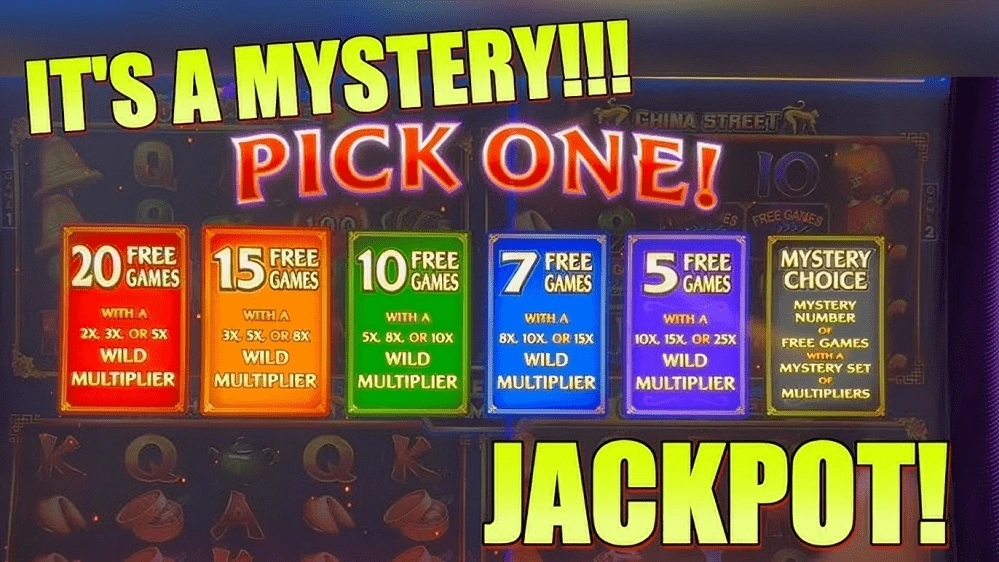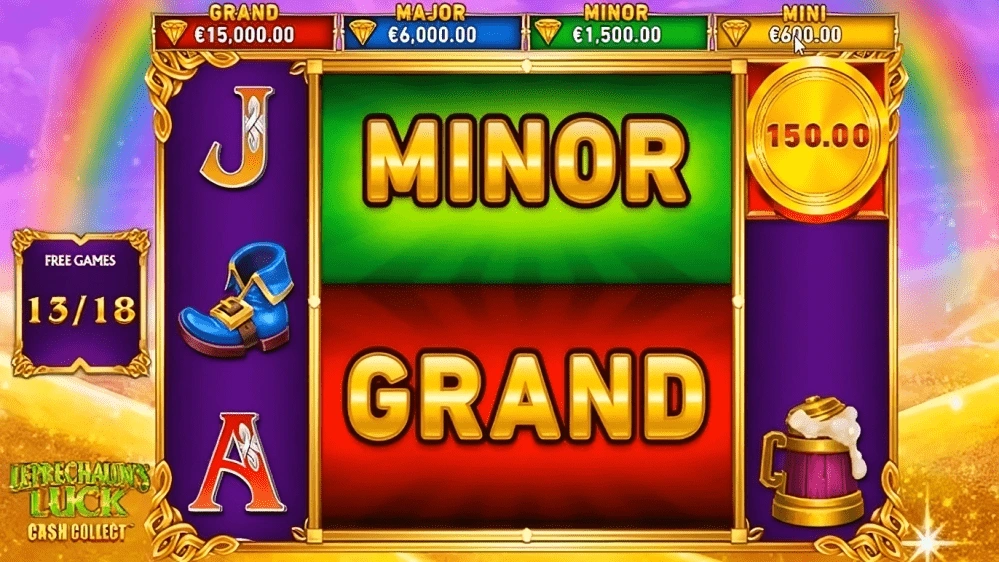Top PSP Games That Made Portable Gaming Feel Console-Quality
When the PSP first launched, many were skeptical that a handheld could deliver the same level of depth and excitement as home consoles. But Sony proved otherwise. The best PSP games were not just portable—they were ambitious, complex, and surprisingly immersive. For many players, the PSP wasn’t just a sidekick to the PlayStation—it was a console in its own right.
One of the most impressive early entries was Metal Gear Solid: Peace Walker. Designed with the PSP 898a in mind, the game delivered an experience that rivaled its console predecessors in both scope and storytelling. The ability to build an army, manage resources, and take on missions of varying difficulty gave the game a strategic layer beyond simple stealth mechanics. Its multiplayer co-op also showcased how deep portable gaming could become.
Monster Hunter Freedom Unite deserves special mention for bringing the franchise into handheld culture with enormous success. It wasn’t just the boss fights that made it special—it was the sense of community, with players gathering in cafes, parks, and online forums to coordinate hunts. This social dynamic made the PSP feel alive and ahead of its time in fostering cooperative play.
Gran Turismo PSP took simulation racing and somehow made it work seamlessly on a handheld. With hundreds of cars, tight controls, and silky-smooth frame rates, it proved that racing fans didn’t have to compromise when switching from console to portable. It might not have had a traditional career mode, but its polish and gameplay loop kept players engaged for hours.
Another standout was Syphon Filter: Dark Mirror, a title that showcased the PSP’s capacity for high-intensity, story-driven action. The controls were optimized for the handheld, and the stealth mechanics, coupled with sharp AI and gadgetry, made for a console-quality espionage experience.
Even platformers like Ratchet & Clank: Size Matters and strategy games like Sid Meier’s Civilization: Revolution felt rich with content, showing how the best PSP games could adapt various genres without losing depth. They didn’t feel like “lite” versions of their console counterparts—they felt complete.
Looking back, the PSP wasn’t just a handheld—it was a pioneer of mobile console-quality gaming. Its best games continue to hold up today, particularly for players rediscovering them through emulation or legacy collections. Sony may have moved on to other platforms, but the PSP’s legacy is undeniable.








